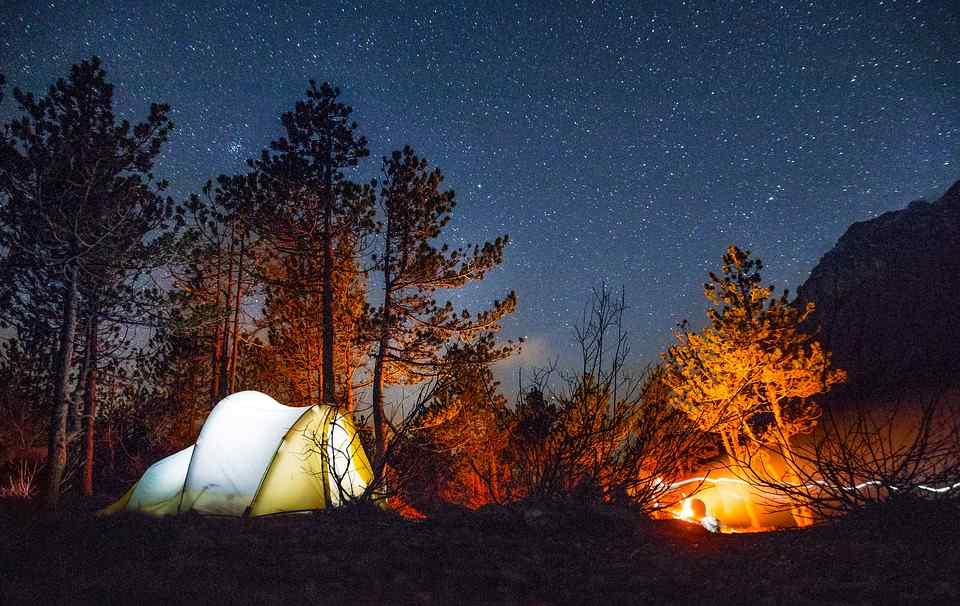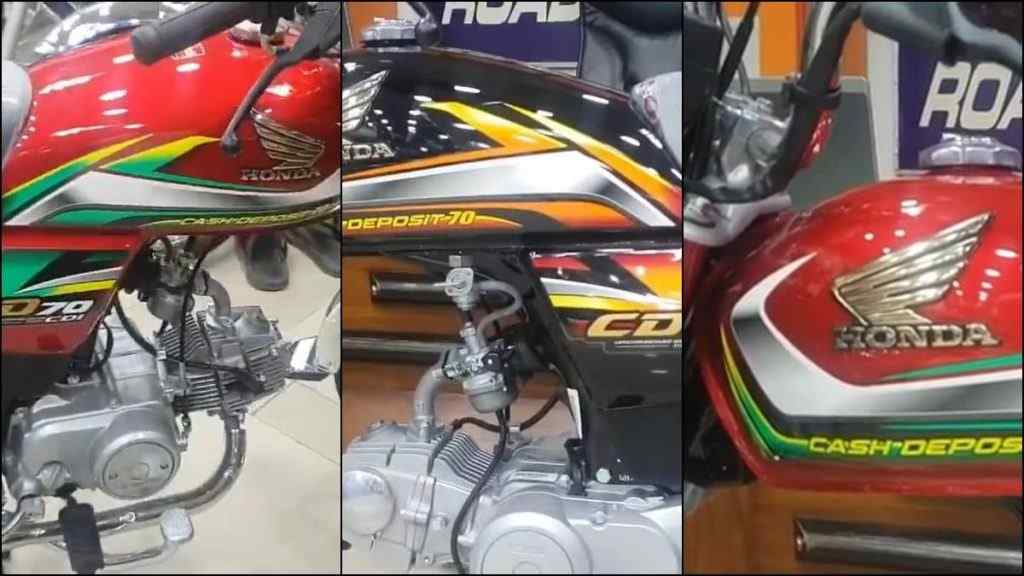People are often plagued by various problems during their adventures. This is mainly because they do not know the important safety tips for camping.
The campsite is a good way to experience the beauty and charm of nature. This is an opportunity to explore natural settings to refresh your mind and breathe fresh air. These outdoor adventures, however, are rarely free from danger.
Important Safety Tips For Camping
1. Familiarize Yourself with the Equipment
For beginners, familiarizing yourself with the equipment is one of the essential safety tips for camping. First-time campers often wait until they arrive at the campsite to try out their new equipment.
It is not uncommon to see them fumbling around for hours trying to figure out how to pitch a tent. Practice forges perfection. Be smart and familiarize yourself with your equipment.
Set up your tent in your garden before taking it camping. Check the operation of lanterns and camping stoves to make sure they are functioning properly.
Try on your sleeping bag one night upstairs in the living room to see if you sleep well in it.
2. Buy a Tent of Sufficient Size
Make space and comfort a priority when choosing a tent. Most tents can be placed in the trunk of a car. Therefore, their size and weight are not a major concern. It is only if you have to wear it with a backpack.
When you plan to camp with the family, get a tent that has twice the capacity of the number of people who will be using it. For a stay of two, get a tent for 4 people. For a family of four, choose a tent for 6 people and so on.
3. Make a list of all the Necessary Equipment
It is no fun to go to the campsite and find that you have forgotten something. To be organized and not forget anything, make a checklist of your camping equipment. Use it when you go to pack and check off each item you have packed.
The compass is the first essential accessory when it comes to camping or hiking. You will need this to determine the correct location for your camp.
The latter should indeed be positioned so that you can find it easily by following a precise direction. Other accessories to take along are an emergency crank radio and a tactical flashlight.
Update your list if necessary. If anything is broken or worn, replace it. If there is an item that is not useful to you, remove it from the list.
4. Get to the Campsite Early
New campers are likely not familiar with the amenities and rules of campgrounds. Be sure to arrive early enough to have time to learn the configuration of the campsite.
Be a good camping neighbor by setting up your camp during the day. It will also be easier to do it in daylight than after dark.
5. Plan Meals
First-time campers don’t always give enough thought to meal planning. Determine how many meals you are going to prepare and who to feed. Gather some menu ideas as well. You can also cook simple and delicious meals on a campsite with some necessities.
Don’t be those people who stop at the supermarket on the way to the campsite to buy food. Do your shopping a day or two before departure to keep the food fresh. Also, avoid buying snack foods.
6. Observe the Rules of the Campgrounds
There is no real privacy at a campsite. The sound goes so well that you can hear a person whispering from another camp. Know how to be silent during the hours when it is required.
A noisy camper can prevent dozens of other campers from sleeping well. Also, respect the location of other campers. Don’t cross them to get somewhere.
7. Learn in Advance to Reverse with a Motorhome
Motorhomes don’t drive like ordinary cars. You cannot rely on your basic driving knowledge to know how to maneuver them.
The most difficult maneuver to perform with this type of vehicle is, in particular, reverse gear. Unless you want to be the laughingstock of other campers, learn to do this maneuver in advance.
8. Bring Appropriate Clothing for the Trip
There is no laundry on the campsite. The necessary clothes also vary depending on the weather conditions. You will need waterproof clothes in case of rain and a swimsuit for swimming.
You may also need a sweater or jacket for those chilly evenings. Having proper clothing for camping is one the most essential safety tips to keep yourself safe during camping.
9. Avoid Inclement Weather
Have you ever tried to pitch a tent in the rain? It’s a real ordeal. The purpose of camping is to relax in the open air. You shouldn’t be doing it if you know the weather will be bad.
Otherwise, you will spend all of your time in a tent waiting for the rain to stop falling. Soggy terrain and the resulting mud can be just as troublesome.
10. Camp in a Little Remote Location
Do not travel too far from the city where you have your residence. After a night’s sleep on the ground, you might find that you’re not made to be a camper.
You may have equipment problems and find yourself without a tent. You may run out of food. The weather can change for the worse and other little things will make you want to go home earlier.
11. Assess the Level of Fitness
Outdoor camping always involves good endurance and strength on your part. Make sure you are in good physical and mental shape and strong enough to handle the stress of the trip. This is true no matter what season you choose to go camping.
Consult a fitness expert. The latter will help you assess your level of fitness by giving you different tests. If the test reports give satisfactory results, your participation in a camping program will not be a problem.
12. Get Vaccinated in Advance
Most people prefer to camp in places that have yet to be explored. Those with rocks, lakes, and other natural wonders are the most popular.
If you also like this kind of place, remember to get all the necessary vaccines in advance before making the trip. You never know what kind of sickness you can get while walking in these unfamiliar lands.
See a doctor to get all important vaccines prescribed for you. He will know how to choose them according to the length of your trip, your medical history, and many other parameters.
13. Take Healthy Foods and Clean Water
The dehydration and lack of food are the greatest enemies of any adventurer. When planning a campsite, make sure you pack food that is in good condition.
They can be cooked or dried. It is also important to fill bottles with water that is free from germs and bacteria.
Drinking unclean water or consuming contaminated food is very dangerous for your health. You may have to cancel everything while you are still traveling. To avoid such a situation, consider packing your food in airtight containers or bags. This will preserve their essential nutritional values for a very long time.
You can also use an insulated cooler to store your cooked food safely at a controlled temperature. If you run out of pure bottled water, you can still use water from nearby lakes. Just be sure to treat them with a chemical water purifier.
14. Beware of Poisonous Insects and Plants
The site where you will set up your camp contains poisonous plants and pests. These can cause irritating or allergic relationships and more serious illnesses.
If contact occurs, immediately wash affected areas with cold water. Then apply a soothing lotion on them to minimize the effects of the infection.
To prevent mosquito and other insect bites, pack a thick nylon and polyester blanket or comforter.
15. Beware of Carbon Monoxide Poisoning
One of the major safety tips to measure while camping is to beware of Carbon Monoxide. Combustion accessories are very common in campsites. This includes charcoal grills, lanterns, heaters, and gas stoves.
This type of equipment is especially dangerous to use in a tent, as the carbon monoxide will be difficult to escape. This can cause breathing problems and even lead to death.
Most people use combustion equipment in tents for warmth. The safest solution, however, would be to bring more appropriate clothing and bedding. If you have not taken such items, just make sure that the smoke can escape from the tent.
Read More: Health Benefits of Camping



